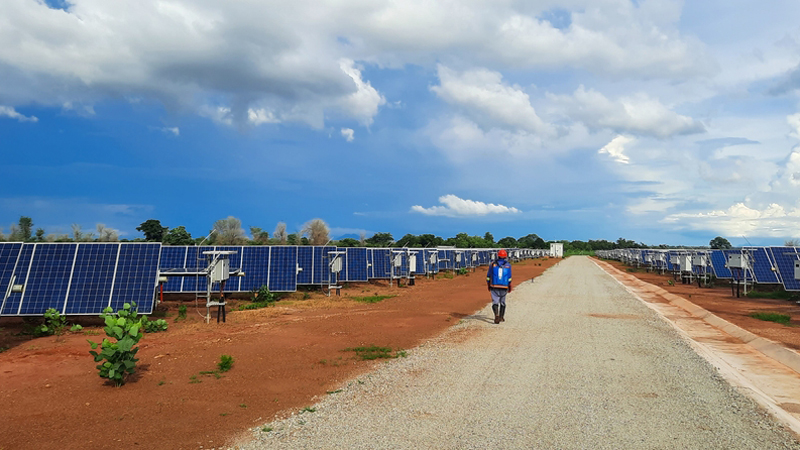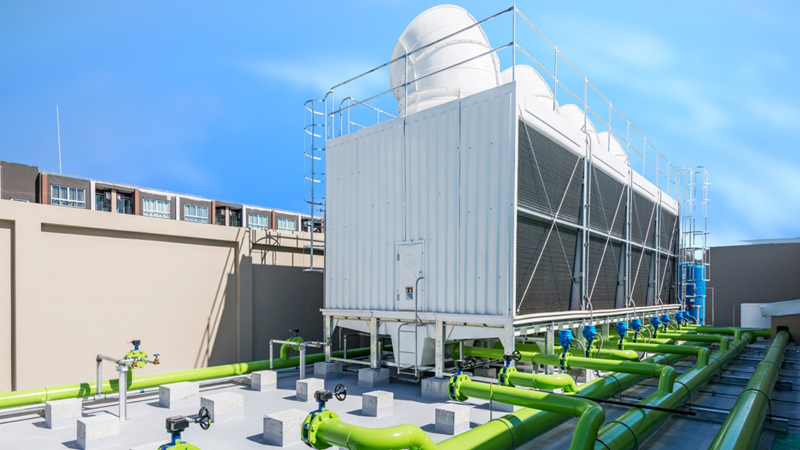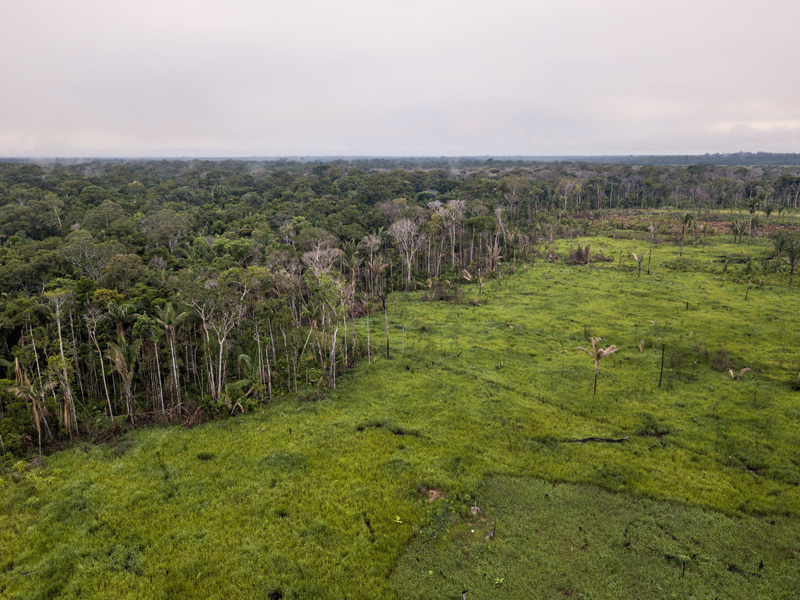RENEWABLES FOR A PROSPEROUS AFRICA
Editorial by Bruce Anderson, 247Solar CEO

Tukio/Shutterstock
From where I sit just west of Washington D.C., Africa appears to be at an energy crossroads: one choice is to continue on its path of growing its prosperity using renewable energy to accelerate toward the prediction that it will become the world’s dominant continent by 2100. The second choice is to slide back to colonialism by further draining its depleted coffers to buy yet more fossil fuels for decades to come.
Despite countless trips to the sprawling continent, this crossroads just appeared to me at the recent 10th Power Africa Summit in Washington D.C., at which African energy leadership and various U.S. energy leaders discussed how to accelerate Africa’s race to a low-carbon, prosperous future. The crossroads was painted during the remarks of new U.S. Secretary of Energy, Chris Wright. The sub-text of his speech, which he hid behind rhetoric, was (paraphrasing), “this renewables stuff is all well and good, but the new U.S. energy policy is ‘all of the above’. We want to make you as dependent on U.S. fossil fuels as possible because we don’t want you dependent on China, the world’s leader in renewable energy technology.”
But Africa need not be dependent on anyone for energy with its extraordinarily vast renewable energy resources: wind, solar, biomass, hydro, geothermal. So why would it not be natural for Africa to husband and harvest its tremendous renewable resources to grow its common prosperity and to sell its surplus to the rest of the world?
Now, I will admit that I might be a bit biased here. I am CEO of 247Solar, a baseload, 24/7 solar company. I wrote my master’s thesis on solar energy at MIT in 1973, 15 years before Mr. Wright started there as a freshman. Since then, solar has become the cheapest, fastest way to put more electrons on the grid — and that’s even before it’s made available around the clock, with the technology 247Solar has invented.
So I am a believer in the transformative power of renewable energy for Africa’s future. But everyone, even the energy biased, recognizes that Africa is such a huge market that it need not depend on China, the U.S., or any other country for equipment to harvest its renewable energy. No, Africa can make anything and everything it needs, thereby avoiding trading its precious currency for fossil fuels and instead accelerating its economic growth and well-being with renewable energy. And when Africa makes its own energy equipment, it produces good paying jobs for its 1.5 billion people, as a base for growing its economy large enough to provide prosperity to nearly 2.5 billion by 2050.
247Solar aspires to have African companies make at least 75% of the equipment we use in our projects and to have local citizens build and operate them…because prosperity requires more than energy – it requires good paying jobs. If Africa turns to an energy policy that is ‘all of the above’, we urge it to prioritize manufacturing and creation of good paying jobs, i.e., long term prosperity, by manufacturing its own clean energy equipment.
ROUND-THE-CLOCK CLEAN CLEAN ELECTRICITY AND HEAT
400kWe 247Solar Plants deployed at scale
247Solar Plants™ bridge the gap between conventional wind and solar and the need for round-the-clock utility power and industrial-grade heat. 247Solar Plants store the sun’s energy as heat instead of electricity, for 18 hours or more, at much less than the cost of batteries. No generators are required, and 247Solar’s turbines can also burn a variety of fuels, including hydrogen, to ensure 24/7/365 dispatchability.
Extensive Applications
On-grid or off-grid, 247Solar Plants offer a 24/7 alternative to fossil fuels for a broad range of applications:
- CHP: 24/7 low-carbon Combined Heat & Power for industry
- Ultra Heat: Each 247Solar Plant can provide up to 1,500,000 Btu/hr. of heat at temperatures up 1000℃/1800℉ for industrial processes such as cement, glass, steel making, or minerals processing
- Microgrids: Always-on, emissions-free electricity and heat for islands, mines, communities, facilities
- 24/7 baseload power: 24/7 solar electricity, especially for emerging economies
- Green Hydrogen: 24/7 solar electricity and heat to power electrolysis around the clock
- Green Desalination: 24/7 solar electricity and heat to purify water around the clock
THESE CLIMATE TECHNOLOGIES MAY THRIVE UNDER TRUMP

Keshi Studio/Shutterstock
According to journalists Amena Saiyid & Bill Spindle, writing in Cipher, “[c]lean energy technologies long considered compatible with oil and natural gas and closely associated with Republicans” remain likely to survive and even thrive in the United States under President Donald Trump.
Saiyid and Spindle recently attended CERAWeek by S&P Global in Houston, America’s foremost annual energy conference. There, Energy Secretary Chris Wright and two other cabinet secretaries — Interior Secretary Doug Burgum and Environmental Protection Agency Administrator Lee Zeldin — presented the new administration’s priorities.
Sayid & Spindle write, “Analysts expect the Trump administration and the Republican-controlled Congress will advance clean energy technologies that harness the expertise of the fossil fuel industry, like geothermal, and boost fossil fuel production, like carbon capture and storage. Meanwhile, nuclear power has had enduring support among Republicans for years.”
The analysts Cipher interviewed said the U.S. will need “all the electrons” it can generate to meet surging electricity demand in coming years, and it will likely lean in on traditional fossil fuel sources since the infrastructure already is in place.
“Also garnering enthusiasm,” they write, “were technologies that allow for the use of cleaner fuels — sometimes referred to as ‘drop-in’ fuels — that can be used in existing fossil-fuel infrastructure.”
Contrary to some speculation, existing tax credits from laws like the Inflation Reduction Act and the Infrastructure Investment and Jobs Act may not be at risk. The authors report that the head of the American Petroleum Institute said his organization would advocate for the preservation of tax credits for carbon capture, hydrogen and green jet fuels. And they note that 21 Republican lawmakers have already sent a letter pledging their support for maintaining clean energy tax credits.
While it’s clear that wind and solar interests cannot expect help from the Federal government for now, other emissions-reducing technologies will continue to receive encouragement and support.
Read more here.
BRAZIL CUTS DEFORESTATION BY 50%

Paralaxis/Shutterstock
As the U.S. retreats from the battle against climate change, the second most populous country in the Western Hemisphere is stepping up. As reported by Bloomberg, Brazil will push for more funding to reverse deforestation when it hosts the United Nations’ COP30 climate talks later this year.
“Forests can buy us time in climate action in our rapidly closing window of opportunity,” said Andre Correa do Lago, president-designate of the summit, in an open letter. “Tapping into such an outstanding potential requires enhanced global support and investment.”
Bloomberg’s John Ainger writes, “As it outlines plans for its COP30 presidency, Brazil is setting out to not only counter deforestation, but also scale up climate finance and elevate indigenous voices in a bid to show that multilateralism can still work amid the US retreat.”
Forests, which absorb billions of tons of carbon dioxide each year, are seen as essential in the effort to combat climate change.
Ainger points out that “Brazil’s President Luiz Inacio Lula da Silva made tackling destruction of the Amazon a priority when he took office at the beginning of 2023. The country cut the rate of deforestation 50% in that year and made further gains in 2024.”
Still, he says, deforestation has been on the rise globally as trees are cleared for agriculture and mining or burned through intensifying wildfires. “One of the key challenges,” Ainger writes, “will be to show there is still money available for developing countries’ climate plans.”
He continues, “Last year climate negotiators agreed that developed countries would provide developing nations with $300 billion annually by 2035 to help them transition and adapt to climate change. Yet the credibility of that promise is already coming into question with Trump leaving the Paris Agreement and slashing international aid. In Europe, countries are choosing to massively boost spending to bolster defense, at the expense of international development programs.”
A start may be a commitment made last year at COP 29 in Azerbaijan to mobilize $1.3 trillion in climate finance from private sources for poor nations.
Read more.
FOLLOW & JOIN 247Solar
Contact: info@247solar.com
